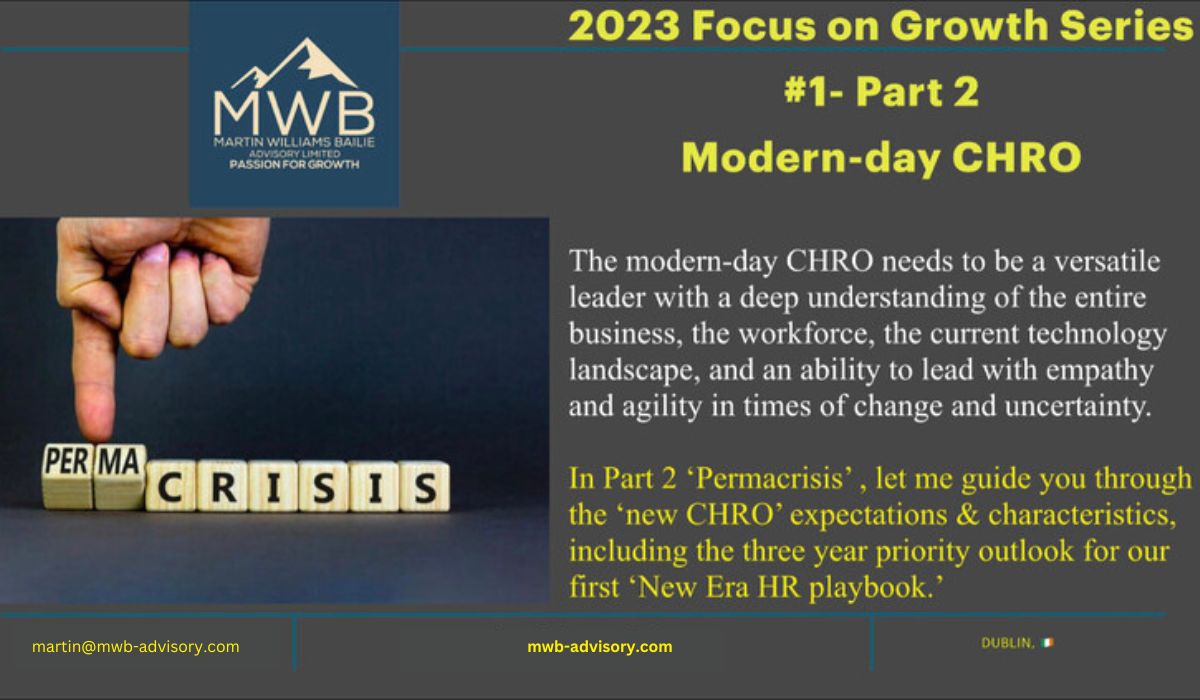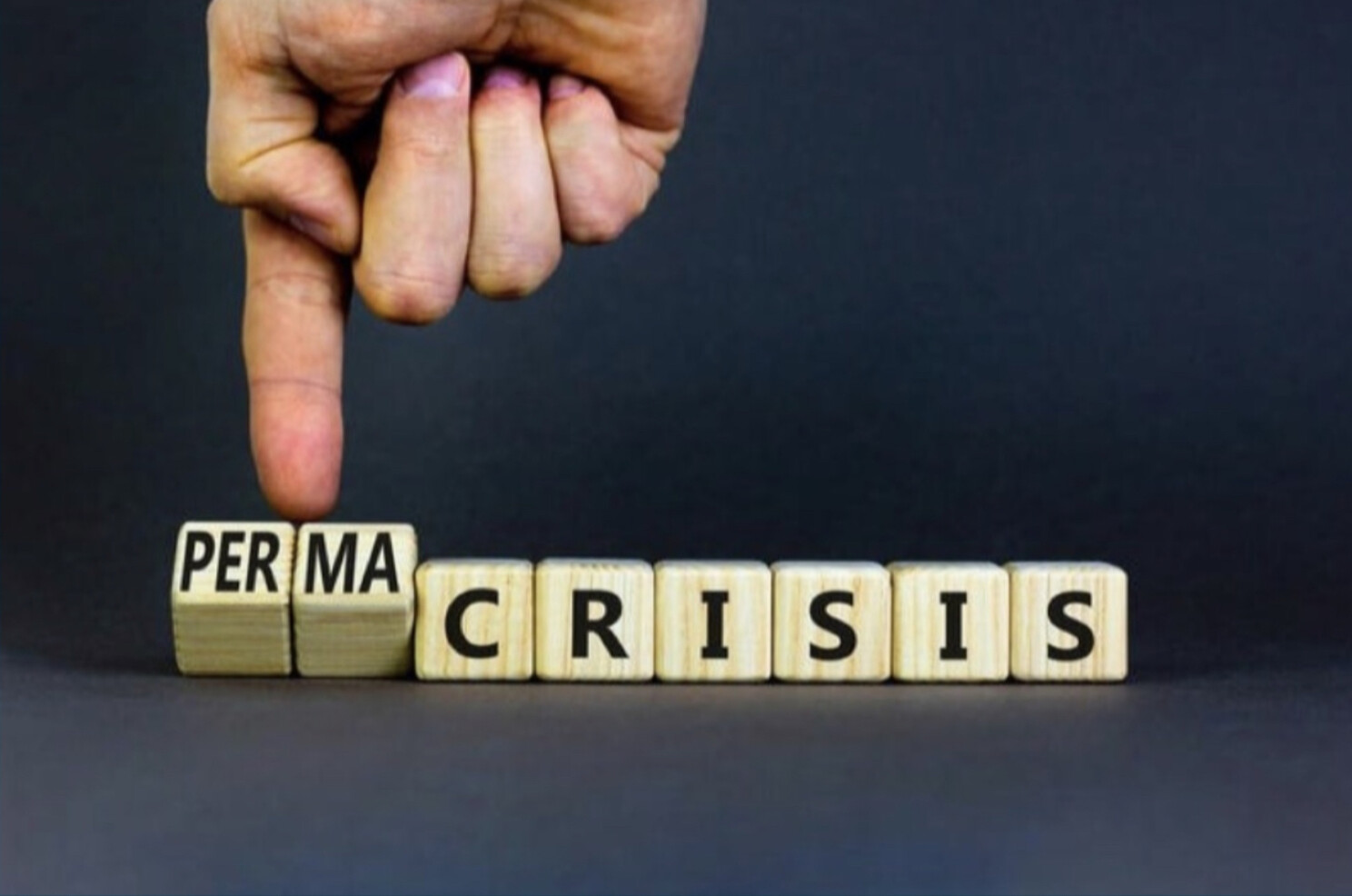
The modern-day CHRO needs to be a versatile leader with a deep understanding of the entire business, the workforce, the current technology landscape, and an ability to lead with empathy and agility in times of change and uncertainty.
In Part 2 ‘Permacrisis’ , let me guide you through the ‘new CHRO’ expectations & characteristics, including the three year priority outlook for our first ‘New Era HR playbook.’

Crisis leadership may not be on the original textbook list of HR responsibilities. But it must be today! The HR playbook has changed overnight and the demands on the CHRO have also changed dramatically in today’s permacrisis, with new expectations and characteristics required to lead effectively in this challenging environment. Some of the new demands on the CHRO include:
- Strategic thinking: CHROs are expected to be strategic partners to the CEO and other business leaders, providing insights and guidance on human resources strategy and workforce planning.
- Data: The CHRO of today has to harness data and analytics and cultivate a full understanding of available tools and digital strategies. Not only will these tools offer increasingly ‘must-do’ efficiencies, but also result in a array of benefits in recruitment, retention, morale and engagement.
- Resilience: CHROs need to be resilient and adaptable, able to lead through times of change and uncertainty.
- Digital expertise: As the use of technology in the workplace continues to grow, CHROs need to have a strong understanding of how technology can be used to enhance HR processes and support the workforce. As technology such as AI, predictive analytics and blockchain automates and streamlines significant parts of HR, the CHRO of today will be open to technology’s role in bringing greater capacity and value to all stakeholders.
- Inclusivity: CHROs need to champion inclusivity and diversity in the workplace, creating a culture that values and supports all employees. Cultural architecture the foundations to an agile, self-learning and a resilient workforce.
- Agility: CHROs need to be agile and able to pivot quickly in response to changing business needs, such as changes in the workforce or shifts in market demand. As transformations mature, there would be 2 or 3 clear optimised-shifts in direction over a 3 year change management strategy.
- Emotional intelligence: CHROs need to have strong emotional intelligence and be able to communicate effectively with employees at all levels of the organisation.
- Employee experience: CHROs need to prioritise the employee experience, focusing on creating a positive work environment and supporting employee well-being.
“As guardian of the people, the CHRO will need to be a renaissance person, comfortable in the realms of science, IT, behavioural economics and more.”
Helmut Schuster
BP

In today’s permacrisis, the HR strategy needs to be more focused on the business strategy and adapt to the changing needs of the organisation. The priorities of the CHRO over the next three years must include:
- Workforce planning: CHROs will need to prioritise workforce planning to ensure the organisation has the right people, with the right skills, in the right roles to meet changing business needs. A ‘phygital blend’ (traditional & digital) of skills essential in tomorrow’s world.
- Employee engagement and retention: CHROs will need to focus on employee engagement and retention to ensure that employees are motivated, productive, and committed to the organisation, especially during times of uncertainty and change.
- Upskilling and reskilling: CHROs will need to prioritise upskilling and reskilling to ensure that employees have the skills and knowledge needed to succeed in a changing business environment, where the use of technology is increasing.
- Digital transformation: CHROs will need to embrace digital transformation to streamline HR processes, increase efficiency, and enhance the employee experience. ‘End to end’ employee experience the key objective.
- Inclusivity and diversity: CHROs will need to prioritise inclusivity and diversity to create a culture that values and supports all employees and fosters innovation and creativity.
- Well-being: CHROs will need to focus on employee well-being, providing support and resources to help employees manage stress, maintain work-life balance, and improve overall health. Permacrisis has risen the risk of increased corporate ‘burnout’. Along with the ‘great/quiet resignation’, it is essential to have a supportive workplace culture to retain your best talent. When speaking to HR colleagues, the Great Attraction & Retention is clearly front of mind!
- Agile HR: CHROs will need to be agile in responding to changing business needs, identifying and addressing new challenges quickly and efficiently.

